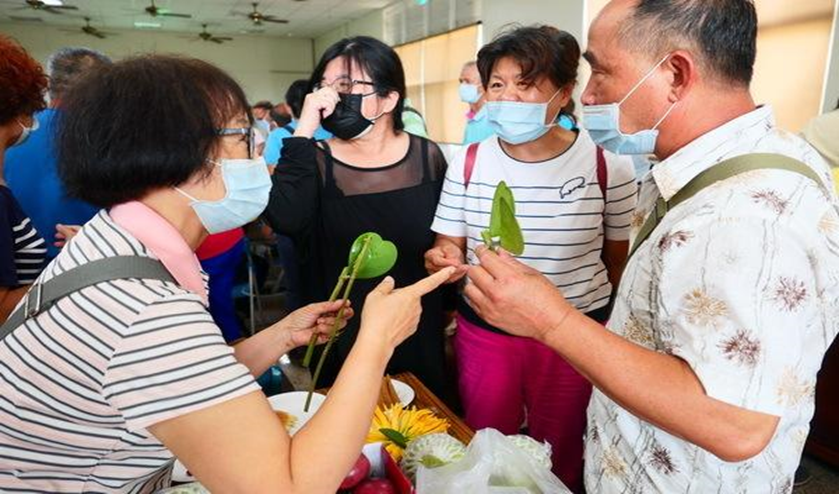NCKU Smarting Fish Farming System Helps Save 60% of Manpower
The smart fish farming era has arrived! Tzong-Yueh Chen, the director of National Cheng Kung University (NCKU) Department of Biotechnology and Bioindustry Sciences (BBS), spent over 3 years developing the fully automatic fish farming system with the team, whose manpower requirement is 60% lower than traditional fish farming. The technology will be transferred to fish farming companies and will solve the problem of the aging population in the fish farming industry, and the lack of manpower in future. The system was awarded “Future Tech” by the Ministry of Science and Technology (MOST).
The smart fish farming era has arrived! Tzong-Yueh Chen, the director of National Cheng Kung University (NCKU) Department of Biotechnology and Bioindustry Sciences (BBS), spent over 3 years developing the fully automatic fish farming system with the team, whose manpower requirement is 60% lower than traditional fish farming. The technology will be transferred to fish farming companies and will solve the problem of the aging population in the fish farming industry, and the lack of manpower in future. The system was awarded “Future Tech” by the Ministry of Science and Technology (MOST).
Completely Automatic Cultivation Makes the Survival Rate 10 Times Higher
The Smart Fish Farming System, located in the experimental farm in NCKU An-nang Campus, which is the first completely automatic fish farm in Taiwan, and is developed by the team led by Tzong-Yueh Chen, the director of NCKU BBS, and consists of Zheng-yuan Kuo, former fish farmer, Shao-wen Liao, and talents from biotechnology, aquaculture, automatic mechanism, information engineering, information security fields, etc.
The team selected Grouper as the main experimental subject. The most pioneering aspect of the system is that it’s fully automated. It can automatically analyze the size of algae, brine shrimp, rotifers, and opepods, and then feed it to fish of an appropriate size. Fingerlings are raised from a little black squiggle to a fish an inch or two inches long. The survival rate of the fingerlings is a solid 3-5%, which is 10 times higher than the rate with traditional farming methods, which is just 0.3%.
60% of Manpower is Reduced which Reverses the Decline of Fish Farming
Professor Tsung-yueh Chen indicated that traditional fish farming requires 3 to 4 laborers to take care of a cultivating tank, but the smart fish farming system allows labor to control 3 to 4 tanks and can monitor through smartphones, which reduces 60% of manpower, and therefore improves the problem of the shortage of manpower. In addition, the system accepts indoor aquaculture. With air conditioners, laborers do not need to tolerate scorching sun and lashing rain. Besides, as long as the parametric of the system is passed on, freshmen are also able to achieve a stable survival rate, which can attract the young to participate in fish farming, and thus help sustain the industry.
Liao Shao-wen, the research assistant in NCKU Department of Life Science (LS), who was a fish farmer 9 years ago, indicated that there are loads of different tasks involved in fish farming, and the laborers have to be watching the cultivation tanks 24/7. The pressure reflects on his physical health. Eventually, he took part in research work at CKU as an assistant, and he felt the development of smart fish farming was promising.
Liao Shao-wen, the research assistant in NCKU Department of Life Science (LS), who was a fish farmer 9 years ago, indicated that there are loads of different tasks involved in fish farming, and the laborers have to be watching the cultivation tanks 24/7. The pressure reflects on his physical health. Eventually, he took part in research work at CKU as an assistant, and he felt the development of smart fish farming was promising.
The System has been Awarded and the Team Expects It can Assist the Industry in Intelligentization
The smart fish farming system from NCKU has received the “Future Tech” award from the MOST. The team led by Tzong-Yueh Chen was awarded the same prize in 2019 with the project “Methods and compounds to decrease the cannibalism rate of fish”. The award mainly focuses on "scientific breakthroughs” and “industrial applicability”, and 100 of 500 applications from industry, academic, and research fields are selected.
The team has contracted the technology transformation of the smart fish farming system with an optoelectronic company and is contacting other three companies. The team expects that the system can help the fish farming industries to be intelligentized gradually.
The team has contracted the technology transformation of the smart fish farming system with an optoelectronic company and is contacting other three companies. The team expects that the system can help the fish farming industries to be intelligentized gradually.
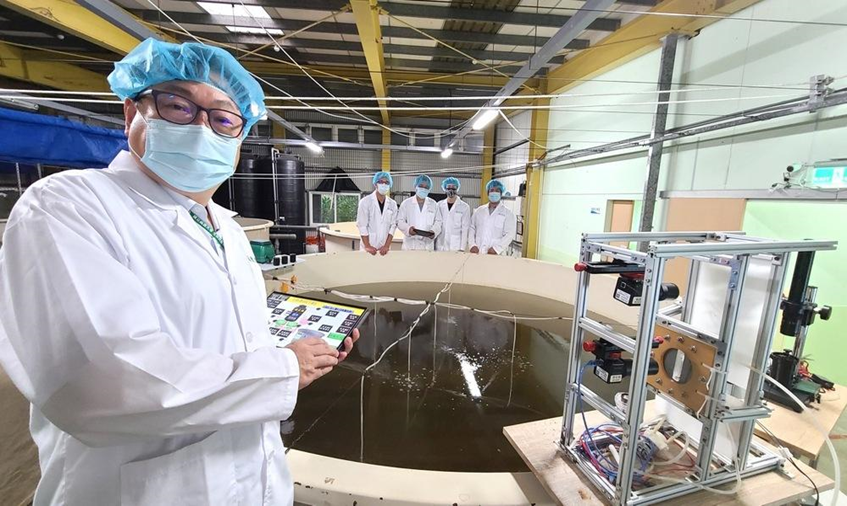
Professor Tzong-Yueh Chen led the team to develop “The Smart Fish Farming System”.
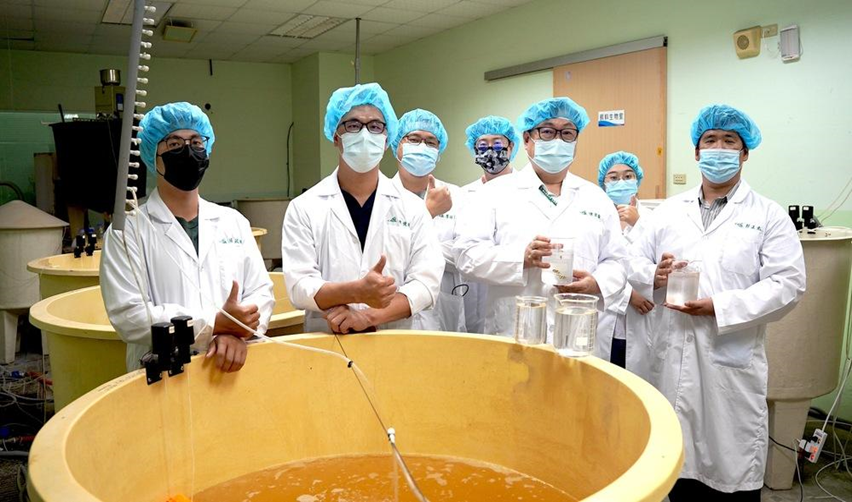
Professor Tzong-Yueh Chen led the team to develop “The Smart Fish Farming System”.
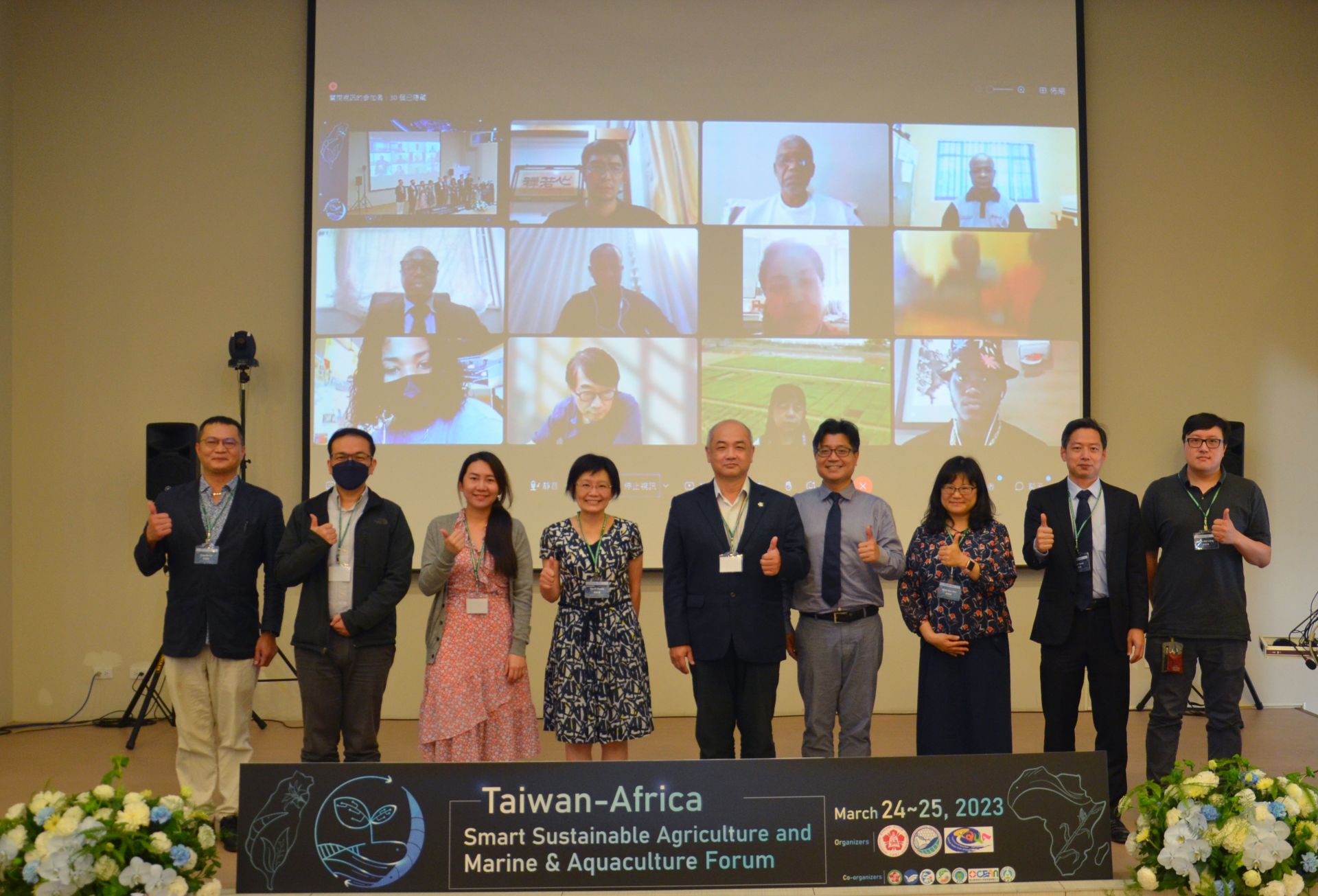
SDG2“Taiwan-Africa Smart Sustainable Agriculture and Marine & Aquaculture Forum” held in NCKU
View more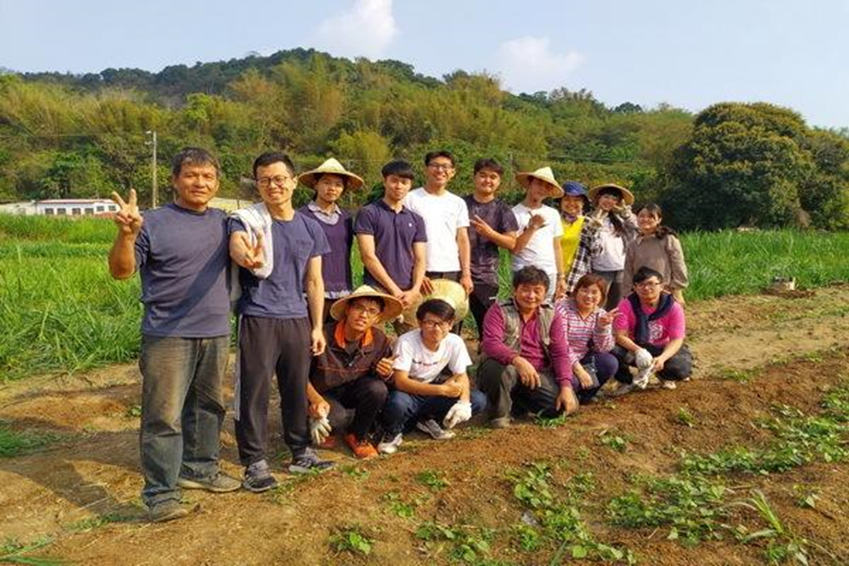
SDG2The Course ”Social Innovation Practice of Stoyama” from NCKU Department of Chinese Literature Strives for Food Education
View more